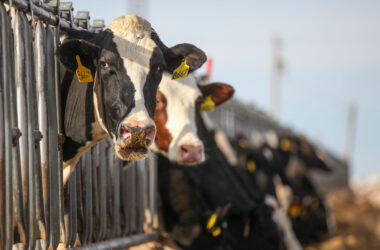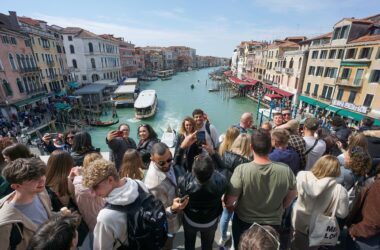US Vice President J.D. Vance is set to deliver a speech at the Munich Security Conference on Friday, sending a clear message to Europe’s political elites. He’ll accuse them of stifling free speech and democracy by refusing to engage with right-wing parties, a move that, according to Vance, undermines the growing populist sentiment sweeping across Europe.
While many European officials hoped the first high-level visit from the Trump administration would signal a fresh start in US-Europe relations, Vance is taking a different route. Having left his position at the Wall Street Journal, he is now urging European leaders to acknowledge the rise of anti-establishment movements, take stronger stances on migration, and roll back progressive policies. For Vance, the issue is not just about political correctness but about the survival of Europe’s traditional values.
“The real problems are censorship and migration,” Vance said. “President Trump and I are both concerned that European leaders are afraid of their own people.” He plans to urge Germany’s politicians, in particular, to broaden their alliances and collaborate with all parties, including the AfD, to tackle issues like mass migration and the erosion of national identity.
Vance doesn’t hold back in his criticism of European leaders who label opposing views as “disinformation.” He believes the threat of Russian interference is overstated while the real danger to democracy lies in the unchecked flow of migrants and the rising tide of censorship.
Interestingly, Vance has decided against meeting German Chancellor Olaf Scholz (SPD) during his Munich visit, even though the two recently met at the AI summit in Paris. A former US official told Politico that the decision was intentional, stating, “We don’t need to meet him, he won’t be Chancellor for long.” This move has sparked some backlash in Germany, with one senior official calling it “disrespectful.” While the official didn’t belong to Scholz’s party, they pointed out that, regardless of their views on the Chancellor, the Trump administration’s dismissive attitude towards its allies was apparent.
Instead of meeting Scholz, Vance is scheduled to sit down with CDU leader Friedrich Merz, seen as Scholz’s most formidable challenger. He’ll also meet with German President Frank-Walter Steinmeier, who is opening the conference with an analysis of the current foreign and security policy situation.
The US government’s representation at the Munich event also includes Secretary of State Marco Rubio, though Defense Secretary Pete Hegseth won’t be attending. Ukrainian President Volodymyr Zelensky and EU Commission President Ursula von der Leyen are also expected at the conference, which runs from Friday to Sunday at the Hotel Bayerischer Hof.




